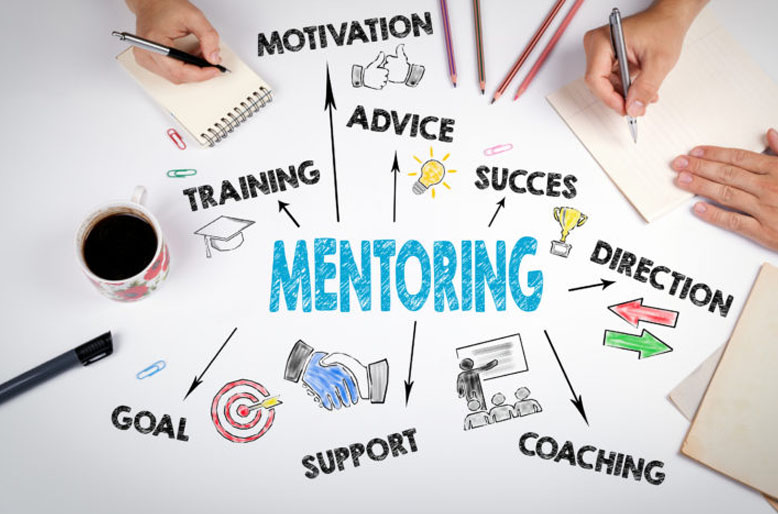Are your fears and insecurities holding you back in business? Do you find yourself playing small and waiting for external validation before you can make your next move? If you are waiting for some sign that you are doing the right thing, then you need to take a deep breath and a step back.
Your mindset has a huge impact on the long-term success of your business. For me, I keep my mindset positive and focused with a physical reminder. I wear a bracelet with a token that has the word “freedom” engraved on it. I have not taken this off since I bought it three years ago from myintent.org. Freedom is my single highest value in life and it applies to multiple areas including everything from freedom for all people from oppression to freedom for me to create the life I want to live (it’s why I’m an entrepreneur), and the topic of this blog – freedom from fear or, at times, the freedom to face fear and have the courage to push through it.
There are some freedoms you need to work to attain. For example, I have freedom from the fear of financial insecurity not just because I run two successful businesses but, also, because I have done a lot of work related to my relationship with money and staying in abundance instead of scarcity. There are some freedoms you are given. For me that includes having freedom from fear of oppression for my sexuality, skin tone and gender because I am a cisgender straight white male but not necessarily culturally as there is still anti-Semitism and I am Jewish. I have worked and continue to work on breaking through fear in all areas of my life and am committed to using my financial stability and experience to help lift up others from a place of fear because I know what it feels like to be afraid and to come through it.
About six years ago, I was on an Entrepreneurs Organization forum retreat, and one of the things we did was rappel off cliffs. There I was hundreds of feet up with my peers, and I am there despite that I am afraid of heights. Not just afraid and uneasy; heights are a real phobia for me. I was there because every few years I force myself to do something that literally terrifies me as I refuse to be held back by fear.
After, mistakenly, waiting for several of my forum-mates to go first and letting the tension and fear build to almost unbearable levels, it was my turn. The first time I leaned back off the cliff and had to trust the rope would hold me as I went down that mountain, I was absolutely terrified. Anyone who can literally lean back off a cliff and not pass out from the fear has conquered a part of themselves that was limiting them but if you do it with something you have a phobia about, well … . I have done other things to push myself outside of my comfort zone. I’ve done ropes courses, zip lines and even jumped out of a perfectly good plane skydiving. I have even climbed a couple of hundred feet to a tiny platform and bungee jumped. Why do I keep putting myself in a position where I am frightened? Because I want to do something that breaks through those feelings of fear and then be able to call upon that in other parts of my life.
When I say break through the fear, I want you to understand that I’m still always afraid. The act of taking on my fear with a physical test, and then conquering that physical test, shows me that I can trust myself to not let my fear hold me back.
You may have fears around shifting the way you work being out of the office more, trusting others, delegating more, or of your own failure or success.. I’m going to encourage you to break through those fears. Because you can live the life you were meant to lead. I mean, I have done it, other people have done it. Why not you? There are situations in your life where you’ve had a fear of something and then you’ve done something to break through that fear and overcome it so call upon those times and apply that same courage in other parts of your life.
I use those times when I’m afraid of something in business and think back to those moments when I worked through my fears, leaning back off that cliff, leaping off that platform attached only to a bungee or jumping out of that plane. It gives me another level of confidence and not just on an intellectual level; there’s something visceral about it. If I can do those things, I can do anything.
If there’s any fear that comes up around making shifts in your business just listen, face the fear, visualize the freedom and use the experiences where you have had fears in the past and broke through them. Use the work you did on a physical challenge, for example, or other situation as the motivation to get the courage to make a change. When you do your level of success, satisfaction and happiness in business and life will increase exponentially!
—
Corey Kupfer is an expert strategist, negotiator and dealmaker. He has more than 35 years of professional deal-making and negotiating experience. Corey is a successful entrepreneur, attorney, consultant, author and professional speaker who is passionate about deal-driven growth. He is also the creator and host of the DealQuest Podcast.
If you want to find out how deal-ready you are, take the Deal- Ready Assessment today!








